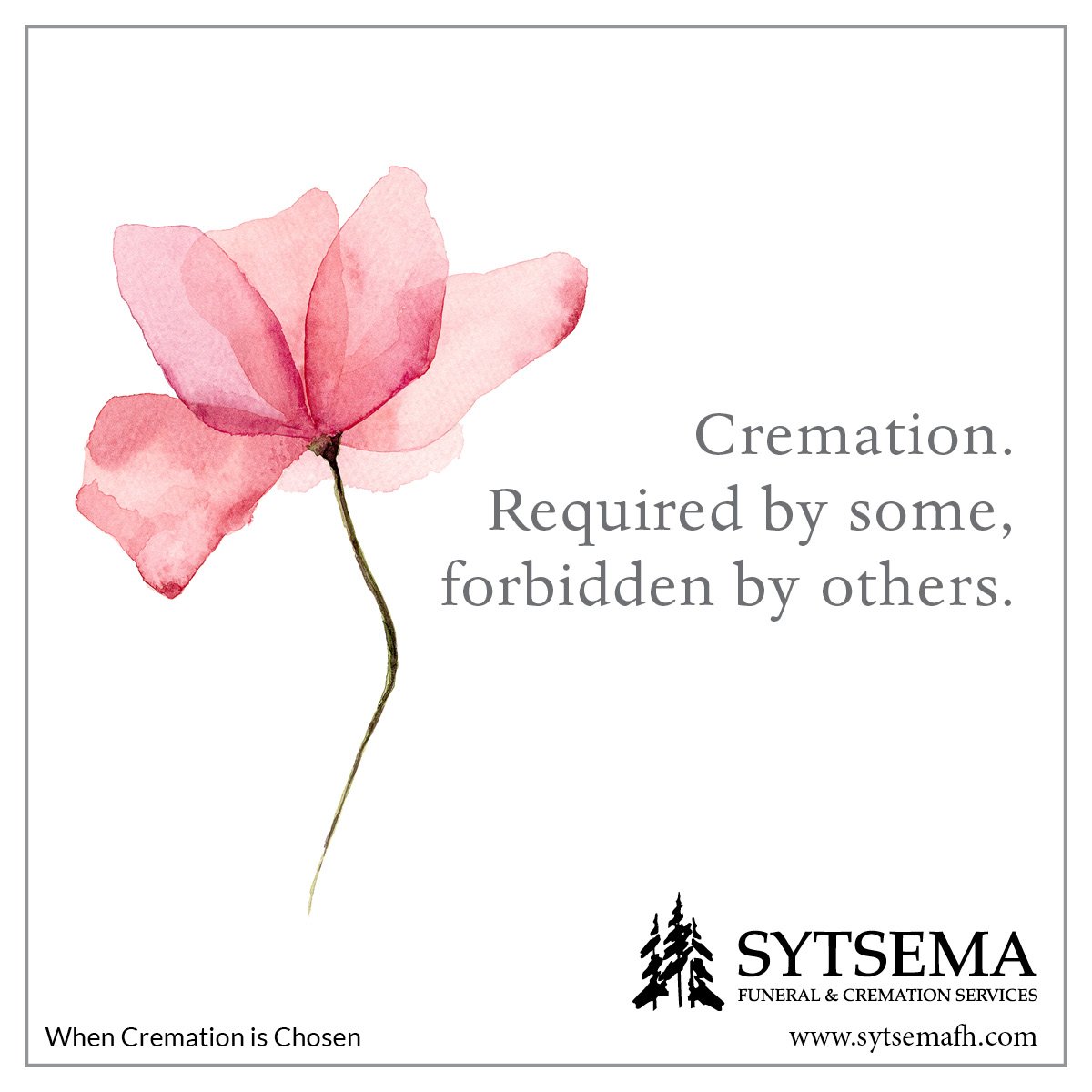Are you considering going to a funeral? Will you be a guest or, are you the survivor in charge and deciding if there will even be a funeral? Either way, before you just skip the funeral perhaps you should consider how elephants behave when one of their species dies. Perhaps we have something to learn from Dumbo.
First of all, elephants are very busy mammals. Just like us, they have to work hard to keep life together. An elephant needs to spend nearly 20 hours per day looking for and eating food. However, they do take time to honor their dead. It is rare to see an elephant in the wild stand still. However, when they happen upon the remains of an elephant, they seem to understand they need to stop and take a minute to pay homage.
Elephants have a natural curiosity about death. They seem to understand that somehow death is connected to their own existence. They use their trunks to fondle the bones of the deceased. They are still and strangely quiet. They raise one foot and paw the air, they are gentle, and they shed tears.
Elephants, like humans, have very strong social bonds. They help one another. A funeral is an opportunity for people to gather and be still. It is our opportunity to pay homage to our human existence. It’s a safe place to shed a tear, give a hug, or tell a story. A funeral, in any one of many forms, is an opportunity to reach out to our fellow man and give or receive help and comfort.
There is still a lot of debate regarding whether or not elephants feel emotion. Some think yes and others are equally convinced emotion is exclusive to humans. So maybe we humans should embrace our emotion and just feel it? Having a funeral doesn’t make you sad. You are sad because someone has died. That sad emotion won’t go away just because you skip the funeral. The funeral is actually the first step in the long journey to feeling better.





